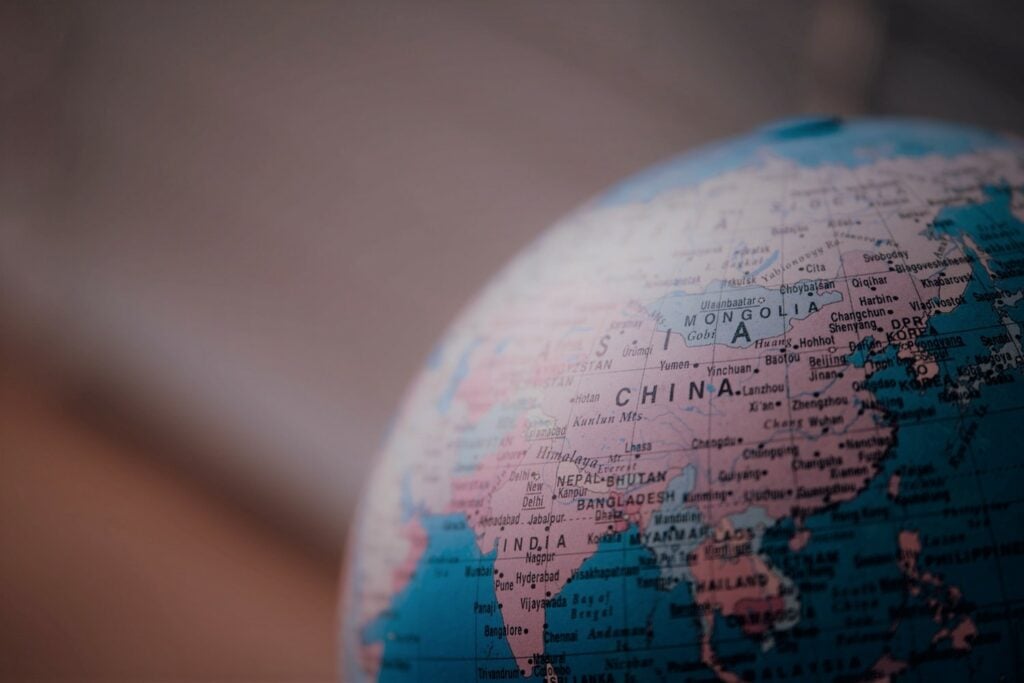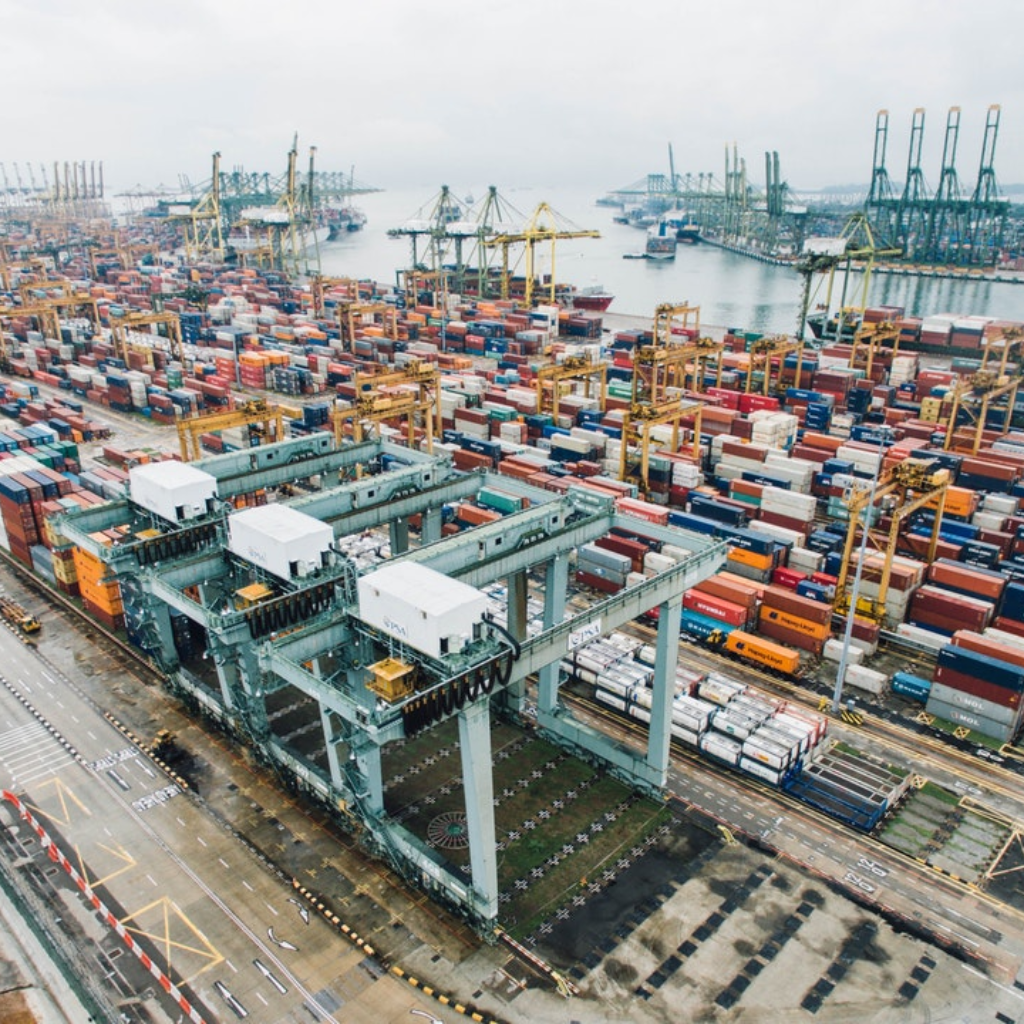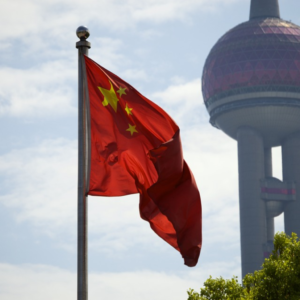
Under the leadership of President Donald J. Trump, the United States of America is progressively distancing from its global leadership role. President Trump is clear that he wants American dollars spent on American people. In line with this ethos, America has withdrawn from major treaties to focus on getting its own house in order – detaching from the American culture of supposed altruism. President Trump has vowed to put an end to the long-standing American tradition of being a magnanimous donor to the many countries that take from the US, without giving anything in return. Such an inward-looking stance, however, has created a vacancy for a global leader in the international community.
Topping the list of shortlisted candidates is China, which boasts the second largest economy in the world and supplied nearly one-third of global growth in 2017. The Chinese government plans to utilise the world’s largest population to experiment with technology, and is hoping to surpass all Western nations in terms of implementing Artificial Intelligence. The Communist Party’s censorship of western internet companies has lead to a rise of Chinese tech giants, which is beginning to shape the future of global tech. The post for global leadership in the modern age will require innovation and the ability to keep up with digital advancements – a challenge that the Chinese are taking very seriously.
On the military front, The People’s Republic has one of the highest military expenditures in the world – though it does fall considerably behind US spending, it signals Chinese ambition to compete with rival powers. According to a report by the Defence Intelligence Agency, China is at the front-line on a range of military technologies which will allow China to impose its will in the region. This can threaten the international order, and with a reluctant USA – it can further strengthen China’s regional, and even global influence.
To curb China’s economic influence, America is pursuing a more protectionist stance; with a view to counteract the trade deficit of $29 billion that exists between the two countries. It is thought that through taxing Chine imports, local American products will appear more attractive to American customers and will boost the American economy. All the while China pursues an outward-looking approach to cement its global trade plans. President Xi is shaping the world’s largest infrastructure project, the $900 billion Belt and Road Initiative (BRI) is a tremendously ambitious plan which will solidify China’s presence in the world for centuries to come. The BRI will open new markets for Chinese goods and technology and connect Asia with Africa and Europe, through investment in roads, ports, airport, railways and sea routes.

The BRI, which counts for 1/3 of world trade and GDP and over 60% of the world’s population, will solidify China’s role as a trans-continental leader. Some parallels may be made to the Marshall Plan of 1948 by the US government, which was created to reconstruct Western Europe following World War II. In some ways, the BRI can be used as a geopolitical tool to unify partner states against the USA – in a similar way that the Marshall Plan evolved to contain the communist USSR, China can use the BRI to contain America’s global economic influence.
The US can act in several ways to counteract China’s growing regional influence. America can (1) create opposition to partner states (2) strengthen US economic engagement in the region and (3) encourage US allies to avoid participation. However, this may do little to deter China’s global plans, as the BRI is marketed to countries in dire need of infrastructural development – such as Pakistan, Bangladesh and Kenya, to name but a few of the 65 countries involved – as an internal development programme and a win-win for both China and participating countries.
However, Biejing’s geopolitical strategy has not been as munificent in the surrounding region – and this strategic gamesmanship may seep into the execution of the BRI too. The Chinese President Xi Jingpin, who is ranked the World’s most powerful person proclaimed that ‘China will never pursue hegemony, expansion or sphere of influence. Chinese foreign policy, however, suggests otherwise. The Chinese administration has expanded military operations in the deeply contested South China Sea, through militarising artificial islands through which more than $5 trillion of trade passes every year. Such efforts aim to quash neighbouring Taiwan, Vietnam, Philippines, Malaysia and Indonesia; all of whom claim islands and various zones in the South China Sea.
The Malaca Strait proves to be another diversion in the route to Chinese global leadership, that the BRI will seek to address. The Malaca Strait carries an estimated 25 to 40 percent of all trade each year and links major Asian economies; through facilitating the trade of oil, natural resources and various manufactured products. The strait, however, is a maritime choke-point and is prone to piracy and hijacking – which represents great apprehension for China, as it relies on the strait for 70-85 percent of its imported oil supply. To overcome the ‘Malacca Dilemma’ China will rely on the BRI to channel different sources for energy. Thus, China is creating new import routes like the Gwadar Port, which is being developed in Pakistan under the China-Pakistan Economic Corridor – providing an alternative shipping route to the Malacca Strait.
As well as which, China is bolstering trade in other continents to display itself as the number one ally for countries to trade with. Almost a decade ago, China overtook the United States to become Africa’s biggest trading partner and has since been ramping up efforts to modernise many countries in Africa. Through the Forum on China-Africa Cooperation, President Xi announced $60 billion of funding in different forms, including interest-free loans and grants. China’s history in battling poverty is awe-inspiring and likely a significant factor as to why 53 African leaders attended the summit promoting Sino-African relations. Domestically, China has axed the extreme-poverty rate from 84% in 1980 to 10% now and African countries would hope Chinese guidance would replicate such success in Africa – as according to World Bank data out of the 34 poorest countries in the world, 28 are African countries.
As Washington retreats and withdraws, Beijing reaches out and embraces.
This growing economic influence though is a great cause of concern for the US, as according to the Greek historian Thucydides, there is an inevitability that war will outbreak between a growing and established power; due to their diametrically opposing interests. This rationale was coined by political scientist Graham Allison as the ‘Thucydides Trap’ based on the idea that a rising power (in this case China) is rivalling a ruling power (the USA) which could disturb the international order and trigger conflict. President Xi has claimed, however, that China lacks the genes to engage in such destructive behaviour.

Whether China genetically modifies its DNA to pursue a more aggressive stance – adding further hostility to the Sino-American relationship – is yet to be seen. It is evident though, that President Xi is consolidating China’s place in the international community for centuries to come – whereas President Trump is looking no further than his own administration. As Washington retreats and withdraws, Beijing reaches out and embraces. China is not seeking to disturb the international order – but to reinvent it. And in doing so, the long route may just lead to a greater destination: Chinese global leadership.